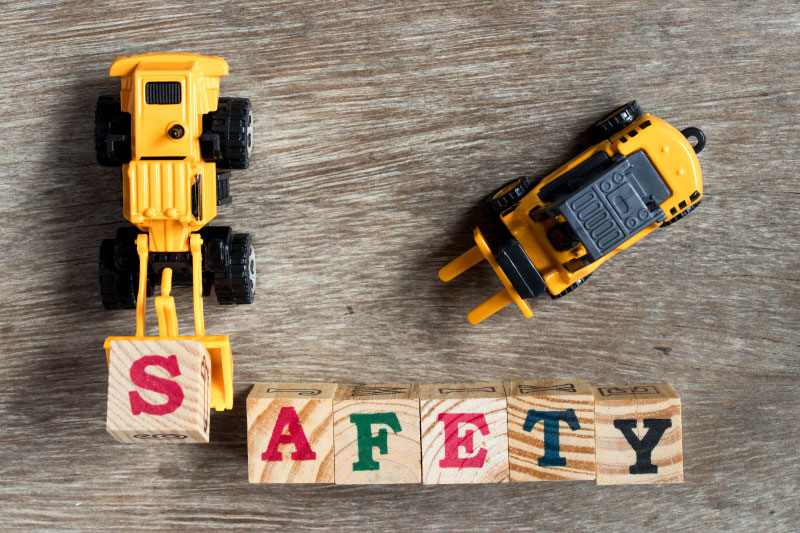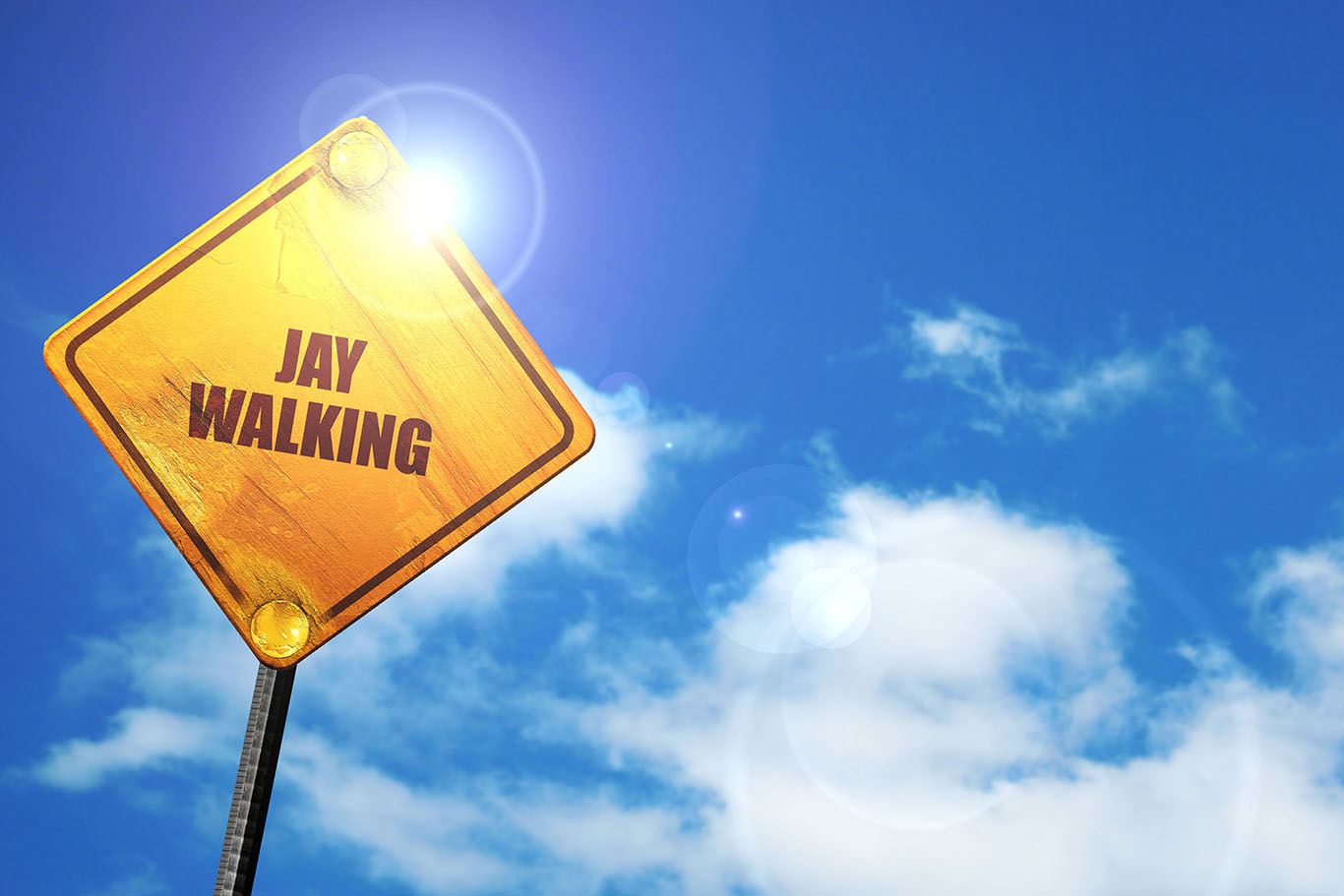- WE’RE HERE TO HELP 24/7
- 800.586.5555
What’s the Difference Between a Catastrophic Personal Injury Case and a Normal Personal Injury Case?

Making Sure Your Children’s Toys Are Safe for the Holidays
December 28, 2020
Can Pedestrians Hit While Jaywalking Sue for Damages?
January 13, 2021What’s the Difference Between a Catastrophic Personal Injury Case and a Normal Personal Injury Case?

The difference between a catastrophic injury and a regular personal injury is severity and the amount of damages that should be pursued by the plaintiff.
Every personal injury case is a serious matter. Getting in a car accident and spending a week in the hospital with a broken arm, broken ribs and internal bleeding is serious. The injured person should be compensated for the economic and non-economic damages they suffered. But those injuries and the inconvenience they caused are temporary. Once the injured person heals, their life will return to normal.
Full recovery from a catastrophic injury is usually more difficult or even impossible. If an injury is so severe that the injured person may require permanent round-the-clock care or will never be able to return to work, that is likely a catastrophic injury.
Catastrophic injuries are usually life-changing, which means the compensation that is necessary for the injured person and their family to regain their pre-injury quality of life will be high.
For example, consider a car accident that leaves one of the drivers paralyzed. Some of the life changes that could result include:
- Never being able to work again
- Requiring frequent and expensive medical care
- Having to buy a specialized van for transportation
- Needing to modify their home to make it wheelchair accessible
- Their spouse may even need to quit their job to take care of the injured person fulltime
Those are just the quantifiable costs that can be calculated. The non-economic damages are tougher to measure.
The injured person’s quality of life will never be restored. No amount of money is going to replace their hobbies or the passions they can no longer pursue without the use of their legs or arms.
These types of personal injury cases are sometimes less about the physical trauma and more about the impact the injury has on the person’s family and life. An injury that permanently and irrevocably changes someone’s lifestyle and future for the worse would be catastrophic.
What Makes Catastrophic Injury Cases Harder to Win?
The first hurdle are insurance policy limits. If you or the other driver involved in a catastrophic injury car accident is uninsured or underinsured, you may have trouble getting adequate compensation out of the insurance company. You may be able to go after the other driver’s assets, like their home or retirement savings, but if the other driver was underinsured, chances are they don’t have a ton of assets to liquidate.
If the responsible party does have adequate coverage, their insurance company will want to avoid paying you hundreds of thousands or even millions of dollars in compensation. No insurance company wants to lose that much money, so they will likely put up a much harder fight than they would for a small claim.
Personal injury lawyers have to put a lot of time and effort into investigating and building catastrophic injury cases. A lot of evidence, accident analysis and even expert medical testimony is required to successfully win these cases if they go to trial.
All personal injury cases can be long, but catastrophic injury cases may take years due to the greater litigation intensity.
Non-Economic Damages in a Catastrophic Injury Case
Getting an adequate level of non-economic pain and suffering damages is also a bit more complex in catastrophic injury cases.
People who suffer serious, non-catastrophic injuries in car accidents have legitimate pain and suffering concerns as well, but there’s a stark difference between making a full recovery in a matter of months and being permanently disabled by an accident.
The pain and suffering caused by catastrophic injuries require a different magnitude of compensation since an injured person’s life may essentially be over.
What does losing the ability to walk or ride a bike mean to an avid hiker or bike rider? What dollar amount should a jury put on that loss? It’s up to the injured person’s personal injury attorney to make that case.
Loss of Consortium Damages in Florida
A spouse may also be able to recover loss of consortium damages in Florida. If a person who is a married parent suffers an injury that results in permanent long-term disability or death, it stands to reason that their family’s life will change dramatically as well.
The uninjured spouse will potentially need to:
- Become the primary caregiver for the injured spouse
- Do more around the house
- Take on greater parenting responsibilities
- Lose some aspect of the companionship and support they derived from their marriage
Those are real, significant losses that can’t be quantified just by submitting a hospital bill into evidence. A personal injury lawyer needs to develop a case that shows what the family’s life was like prior to the accident and how the catastrophic injury changed that household.
Catastrophic injury cases are not easy to win, but they are hugely important to the people involved. The outcome of a catastrophic injury case will often determine whether a devastated family can live comfortably or will face a lifetime of struggle.
